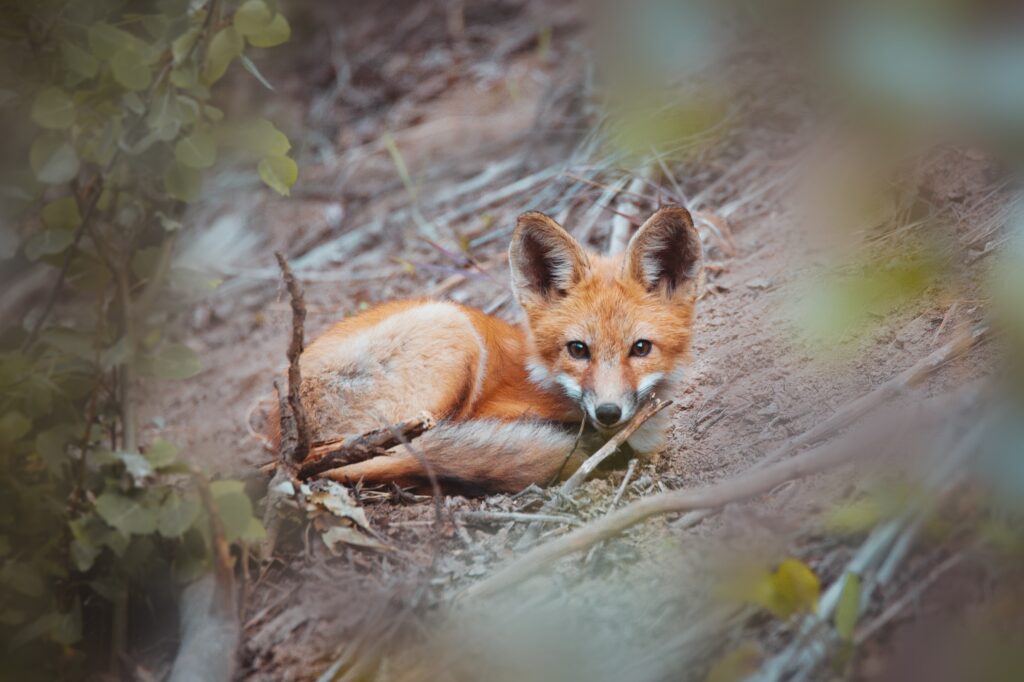AnimalKind making waves in the Scottish Parliament
The public’s desire to see more humane ways of managing human-wildlife conflict is global, and the first-of-its-kind AnimalKind standards for wildlife & rodent control are providing a much-needed resource.
A recent motion presented in the Scottish Parliament aims to shift wildlife management in Scotland to a more ethical approach that protects animal welfare and ecosystem health. The motion requests that Scotland adopt the International Consensus Principles for Ethical Wildlife Control to provide a framework for assessing government policies, as well as individual management plans, for Scottish wildlife. It also mentioned the BC SPCA’s AnimalKind accreditation program and standards as an example of putting the “principles into practice”.

The Consensus Principles were the outcome of a project co-led by the BC SPCA and the UBC Animal Welfare Program which convened a panel of 20 experts to explore international perspectives on and experiences with human-wildlife conflicts. The resulting academic paper envisioned the Consensus Principles approach being incorporated into international or domestic regulations and used to guide decision-making about wildlife control actions. The principles were also adopted by Parks Canada for its biodiversity programs (specifically, consideration of introduced species eradication) and provided the foundation for the AnimalKind wildlife and rodent control standards (PDF).
Dubois S, Fenwick N, Ryan EA, Baker L, Baker SE, Beausoleil NJ, Carter S, Cartwright B, Costa F, Draper C, Griffin J, Grogan A, Howald G, Jones B, Littin KE, Lombard AT, Mellor DJ, Ramp D, Schuppli CA and Fraser D 2017 International consensus principles for ethical wildlife control. Conservation Biology 4: 753-760. (View ethical wildlife control infographic PDF of this publication)